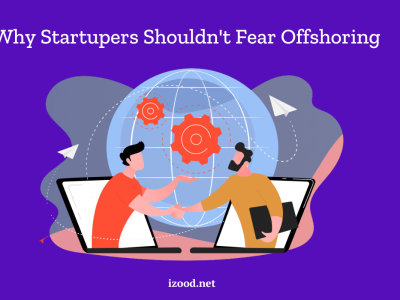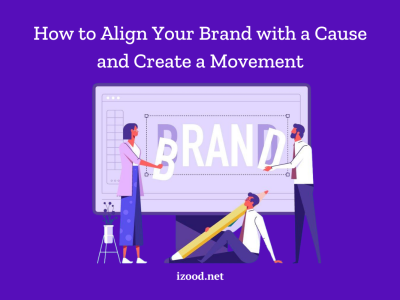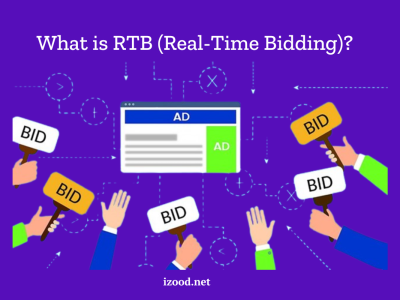According to Pinpointe, drip campaigns can generate 50% more sales-ready leads and result in an increase in sales by 20% when used for lead nurturing.
Drip campaigns help automate the process and achieve your unique business goals without a significant budget and time investment.
From this article, you will learn about drip campaign types, how they can benefit your business, and discover metrics you should know to monitor such campaigns’ effectiveness.
What is a Drip Campaign?
A drip campaign is a series of pre-created messages sent to prospective and existing customers following specific conditions.
Such campaigns are automated activities aiming to create new possibilities of interaction and encourage the receivers to complete a targeted action.
Drip campaigns can be sent with different frequencies over the period of three days up to one or two weeks and triggered by one or several of the following rules:
- Schedules
- Receivers’ interaction with the previous content
- Receivers’ interaction with your website pages, and
- Other business-specific conditions
Benefits of Drip Campaigns
Some advantages of incorporating such a campaign into your marketing activities are as follows:
1. Creation of the lead nurturing marketing funnel
There are times when customers are not ready to make a purchase or complete a targeted action right away. Such prospects want to learn more about your brand before they decide.
Drip campaigns allow providing all the required data step-by-step and nurture your prospects.
2. Let’s break it down with an example:
Suppose many of your prospects are on LinkedIn. Why not use the social network for your drip campaigns as a part of your lead nurturing marketing funnel?
With a LinkedIn message automation tool, such as Linked Helper, you can build highly natural drip campaigns that start with following, inviting, visiting prospect’s pages, liking, commenting, following up again, and only then endorsing, messaging, and sending a chain of automated LinkedIn messages with smart replies detection. These messages can become the blueprint for building effective drip campaigns.
3. Re-engaging with Inactive Clients
No matter how well your lead scores, it’s vital to keep them re-engaged.
You’ll notice that some prospects choose to remain inactive for a variety of reasons. Such campaigns allow connecting with the lead base at any point in time and getting them interested once again.
4. Improving Brand Awareness
If you want your company name to be the first on your customers’ minds when considering a purchasing intent, do your best to build and increase brand awareness.
Drip campaigns help you achieve that by sharing valuable content, insights, and case studies and showing that you value their opinions, needs, and expectations.
It is a long and time-consuming process that pays off in the long run.
Types of Drip Campaigns
Any brand aims at moving its prospects down the sales funnel. Here are the most basic yet highly effective drip campaign types every business should have:
1. Welcome
These are, most commonly, emails that get sent right after subscribing to your mailing list. However, LinkedIn allows you to send direct messages and scraped lists of profiles instead of subscribers. These messages are used to tell more about your company and product or service and show why your content is worth the recipients’ attention.
2. Retargeting
This type of drip campaign allows following up with your clients based on their activities and interaction with your site or blog content.
One of the most challenging aspects of a retargeting drip campaign is choosing which users’ actions are valuable and deserve a follow-up.
3. Abandoned Cart
These messages get sent when a prospective buyer leaves the checkout flow. It can be clicking the “Add to cart” button or abandoning the final step.
They can be a series of 1 up to 4 touchpoints that demonstrate what the customer is missing by leaving.
4. Post-Purchase
If you wish your customers to come back, it’s a must to do your best to keep them returning.
Follow-up messages after the purchase show that you care about the customers’ experience and opinion, and, importantly, value them.
How to Measure the Effectiveness of a Drip Campaign?
Gone are the days when decisions were based on some gut feeling. Today’s marketing is 100% data-driven (or at least it should be).
You’ll need to track and analyze the following metrics to evaluate how effective your activities are:
- Open rate. It lets estimate how your subject lines perform and whether you succeeded in attracting the recipients’ attention or not.
- Click through rate (CTR). It is the percentage of the recipients who clicked a link within your message’s content, i.e., got engaged and, most commonly, performed the targeted action. CTR tracking should lie at the center of campaign analytics activities.
- Bounce rate. This metric tracks how many of your drip campaigns reach the target audience and which percentage fails to do that. Cleaning fake and inactive contacts regularly will help you decrease the numbers.
- Unsubscribe rate. When do your subscribers choose to leave? To evaluate and enhance your campaign’s performance, you should do your best to find out the reasons behind the unsubscription.
- Conversion rate. Choose which your primary goal is and track it. Otherwise, monitoring and evaluating all the actions taken within them can be complicated.
Bottom Line
Thought-out drip campaigns with a personalized touch can do a world of good to your business. Without zapping much of your resources, they help keep in touch with the customer base and trigger business-related activities.
Welcome messages, review reminders, sales, abandoned cart messages, etc., can be a part of your drip campaigns and help nurture and generate leads, not to mention help make your brand more credible and trustworthy.







